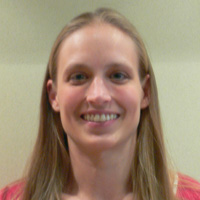Last year, a toddler was brought to the emergency department after his parents could not wake him. His blood sugar had fallen dangerously low after eating some spilled pills. Several rooms away was an adult with very high blood sugar. He was in the emergency room because he could not buy his diabetes medicines. Ironically, he needed the same medication that the boy had accidentally consumed.
More children are seen in emergency rooms for medication poisoning than motor vehicle injuries. Studies show these visits are on the rise. Yet, as often as children are at risk from too many drugs in home medicine cabinets, many others have empty cabinets. Escalating costs of health care have outpaced prescription drug coverage. Those who can't pay pharmacy bills go without drugs they need, while others get sick consuming drugs they don't.
As a doctor in San Francisco, I want to ensure every patient can fill his prescription and guarantee it is taken as intended and prescribed.
We can address the first part of the problem -- unintended ingestion and abuse -- by destroying medications we no longer need. Most pills can be collected with wet coffee grounds or cat litter and thrown in the garbage. Certain medications, including narcotic painkillers, should be flushed down the toilet. Commercial drug destruction typically involves incineration of unused drugs.
However, some medicines can be saved and redistributed to people in need through programs that partner with manufacturers or skilled nursing facilities. Donations of medicines which are in short supply may be life-saving. Redistribution also saves money and lessens the environmental costs of drug destruction.
